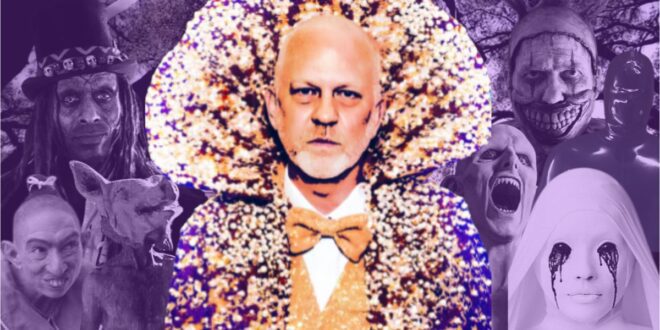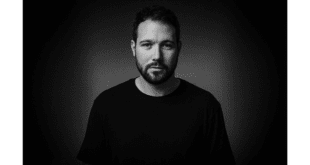The Genius of Ryan Murphy
Glee, American Horror Story, American Crime Story, Doctor Odyssey… Is Ryan Murphy the creative camp genius we all purport him to be?
Ryan Murphy is everywhere. If you don’t know the name, my guess is you don’t have a TV. Or that you don’t watch it.
He has been one of the most influential forces in modern television, creating a string of critically-acclaimed and culturally-impactful shows. From the celebration of underdogs and individuality via Glee, to the twisted horrors of American Horror Story, and the groundbreaking representation in Pose, his work has left an indelible mark on the industry.
His award listing is impressive too:
- Primetime Emmys (6 wins from 38 nominations)
- Golden Globes (1 win from 5 nominations)
- BAFTA TV Awards (2 wins from 4 nominations)
- TONY Award (1 win from 2 nominations)
- Directors Guild of America (DGA) Award (no wins, but nominated 4 times);
- International Emmys: Founders Award (2012)
Despite all the accolades and success, Murphy’s work is often polarising, and his creative style has sparked debate among the creatives that make up my team of coworkers.
He’s hard to pigeon-hole.
Is his genius rooted in his ability to craft dark, offbeat, and macabre narratives? Or is it more focused on amplifying LGBTQ+ culture and themes?
This conversation (between coworkers who will remain unnamed), was overheard at the water cooler.
You be the judge.
American Horror Story
ABC: I love love love Ryan Murphy, he’s a genius, a visionary who makes the weird, twisted, and darkly compelling accessible to mainstream audiences. His work doesn’t fit into a box or genre; it’s offbeat, bizarre, and challenges norms in ways most creators won’t go near. I’m obsessed with American Horror Story; its macabre undertones are unsettling but brilliant. How does he think up some of that shit? Like a train wreck, you can’t look away, but the stories aren’t about one single identity or agenda.
XYZ: I’ll admit, Murphy’s shows are popular and often groundbreaking, but let’s not kid ourselves. At their core, they’re just mainly “gay”. The themes, the characters, the flamboyant visual style—it’s all drenched in LGBTQ+ culture. Even when he branches out into horror or drama, the undertones are there, and sometimes they’re not even undertones. It’s not necessarily a bad thing, but let’s call it what it is.
ABC: Sure, he’s an openly gay man, absolutely his work incorporates LGBTQ+ themes, but to reduce his shows to just “gay” is unfair. Look at AHS, the series is dark, it’s horror with twisted characters and nightmarish scenarios that push boundaries, and question reality—there’s no central gay theme happening. The “Rubber Man” in Murder House to me represented horror and psychological torment, much like the “Addiction Demon” character, from AHS: Hotel. AHS is all witches, ghosts, and outcasts who embody quirky, offbeat traits. Over and above any sexuality—gay, straight, or otherwise—his AHS characters are simply bloody scary monsters.
Also on The Big Smoke
 Mind Uncharted Explore. Discover. Learn.
Mind Uncharted Explore. Discover. Learn.



